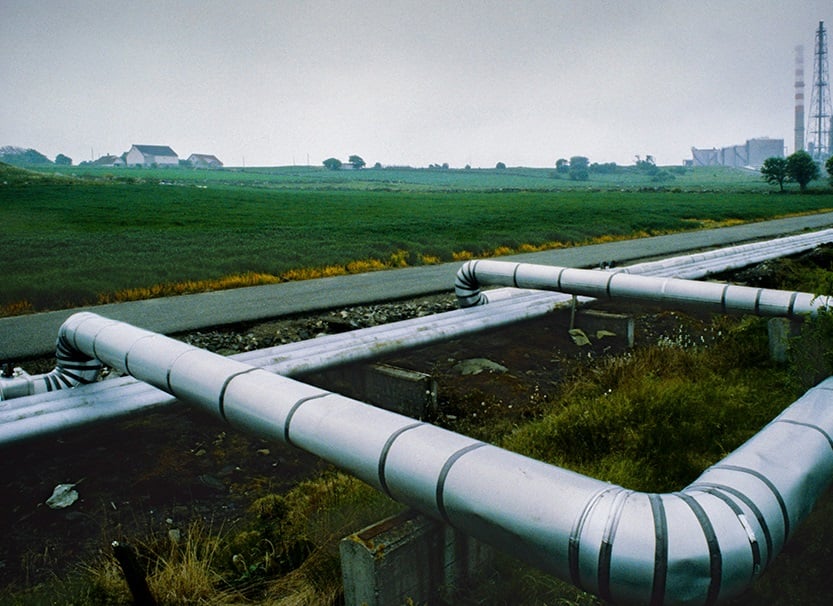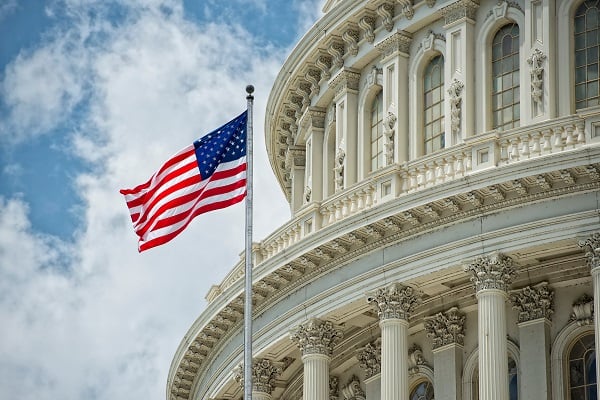
Agencies Collectively Move to Overhaul Environmental Review Regulations
On July 3, 2025, numerous federal agencies initiated an effort to revise the manner in which they comply with the National Environmental Policy Act (NEPA). NEPA, a cornerstone of environmental governance and project development in the U.S., has historically been implemented through regulations from the Council on Environmental Quality (CEQ). The DC Circuit questioned the legality of those regulations, as well as CEQ’s authority to implement them. And at the direction of President Trump’s February 25, 2025 Executive Order 14154 — “Unleashing American Energy” — CEQ rescinded its NEPA implementing regulations. In place, CEQ provided guidance for agencies that instructed them to update their NEPA procedures by February 2026 in a manner consistent with recent statutory amendments that prioritizes “efficiency and certainty over any other policy objectives.” Today, we are getting our first glimpse into what that process will look like.
Supreme Court Makes Major Course Correction, Limiting Scope of NEPA Reviews and Demanding Judicial Deference to Agency in Uinta Basin Rail Case
In Seven County Infrastructure Coalition v. Eagle County, Colorado, the Supreme Court held that under the National Environmental Policy Act (NEPA), an agency evaluating a particular project is not required to consider the effects of other future or geographically separate projects that may be built or expanded if the proposed project were approved, thus closing the door to the expansive NEPA analyses demanded by project opponents in many cases. The Court also separately stressed that the “central principle of judicial review in NEPA cases is deference,” underscoring that NEPA grants agencies discretion to determine the scope of the review and that their discretionary decisions should not be extensively second-guessed by a court. The cumulative impact of these holdings are much more than a minor course correction and should both significantly limit the scope of future NEPA analyzes and strengthen the defensibility of such analyzes in court.

Top 5 Energy Actions You Should Know from President Trump’s First Day
On January 20, 2025, President Trump began his second term with the signing of 26 executive orders (EOs), which included the recission of almost 80 EOs of the previous administration. Trump’s orders contain both repeals of key Biden Administration policies and calls to agency action to reassess treatment of major energy issues associated with domestic energy production. Here are the top five actions to know from President Trump’s first day as the new administration begins its reshaping of U.S. energy policy for his second term in office.
Top 5 Environmental Actions You Should Know from President Trump’s First Day
On January 20, 2025, President Trump began his second term with the signing of 26 executive orders (EOs), which included the recission of almost 80 EOs of the previous administration. Trump’s orders contain both repeals of key Biden Administration policies and calls to agency action to reassess treatment of major environmental issues associated with motor vehicles, energy development, and climate change. Here are the top five actions to know from President Trump’s first day as the new administration begins its reshaping of U.S. environmental policy for his second term in office.


